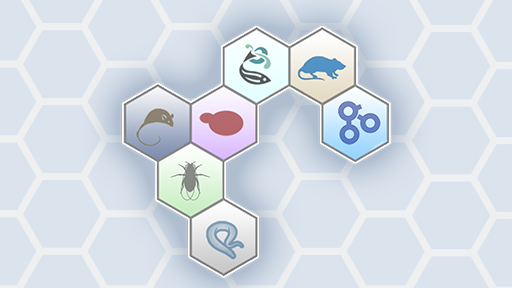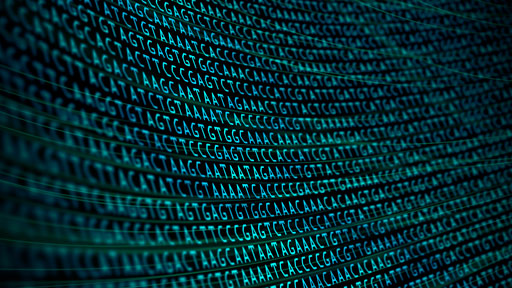Related Content

Organizational Structure
Office of Genomic Data Science

Office of Genomic Data Science
Enhancing Opportunities in Computational Genomics and Data Science

Research Funding
Genomic Analysis, Visualization and Informatics Lab-space (AnVIL)

Research Funding
The Alliance of Genome Resources (Alliance) Consortium

Funding Opportunities
Funding Opportunities for Investigator-Initiated Research in Computational Genomics and Data Science
Program Staff
Program Directors

Daniel A. Gilchrist, Ph.D.
- Program Director
- Division of Genome Sciences

Shurjo K. Sen, Ph.D.
- Program Director
- Office of Genomic Data Science

Chris Wellington, B.S.
- Program Director, Computational Genomics and Data Science
- Office of Genomic Data Science
Scientific Program Analysts

Nicolas Keller, B.S.
- Scientific Program Analyst
- Division of Genome Sciences

Alessandra L. Serrano Marroquin, B.A.
- Scientific Program Analyst
- Division of Genome Sciences

Mike Lopez III, B.S.
- Scientific Program Analyst
- Office of Genomic Data Science
Last updated: March 11, 2025
